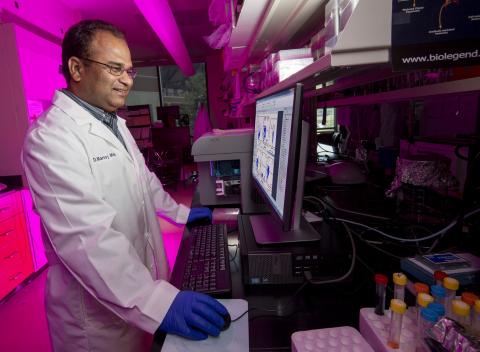 Every year on December 1st, people all across the country stop and observe a day that symbolizes hope, awareness, and urgency in our community: World AIDS Day. We as a people have to use our collective voice to spread knowledge about World AIDS Day, how the HIV/AIDS epidemic is destroying the African American community, and what more we can do to help.
Every year on December 1st, people all across the country stop and observe a day that symbolizes hope, awareness, and urgency in our community: World AIDS Day. We as a people have to use our collective voice to spread knowledge about World AIDS Day, how the HIV/AIDS epidemic is destroying the African American community, and what more we can do to help.
Knowledge is power, and being informed about the rate at which this monstrous disease is raging among our community is vital. The African American community is the racial/ethnic group that is most affected by the HIV/AIDS epidemic. According to the Centers for Disease Control and Prevention (CDC), black men accounted for 70% of the estimated new HIV infections among all blacks in 2009. In 2009, it was estimated that 30% of black women made up new HIV infections among all blacks. Close to 85% of black women with HIV acquired HIV through heterosexual sex.
Black men and women have always been and continue to be the ones who suffer the most in HIV/AIDS case studies. African Americans make up 44% of new HIV infections, but only make up 14% of the U.S. population.
What’s most telling about these statistics is how ignorant so many of our people are about HIV,AIDS, and sexually transmitted diseases. What we need is for our young people, the ones hit hardest by this disease, to be well informed and educated about exactly what HIV and AIDS is. As much as we advocate for our HBCUs, we need to advocate just as hard and often for HIV awareness.
Our HBCUs have already begun to promote World AIDS Day in several ways. Paine College has planned a series of programs to commemorate World AIDS Day. Virginia Union University has year round programs dedicated to HIV/AIDS Awareness thanks to the work of university counselor Melody Pannell and her team of HIV/AIDS Peer Educators. The HIV/AIDS Per Educators have prepared a “Red Alert Comedy Show” on December 2nd in partnership with Kappa Alpha Psi Fraternity, Inc. and Delta Sigma Theta Sorority, Inc.
It is imperative that more HBCUs educate our students more about this disease. There is still a huge stigma amongst African Americans in getting tested for sexually transmitted diseases, in fear of learning an awful truth. In actuality, knowing is half the battle. The other half consists of staying healthy through using condoms consistently and effectively, knowing your partner’s status, getting tested every three to six months, and remaining monogamous.
With as many resources at our disposal, the most important time to act is now. African Americans must react to the HIV/AIDS epidemic with as much urgency as the Civil Right Movement and the 2008 presidential election.Back then, as it is today, the most important time in history is now.



